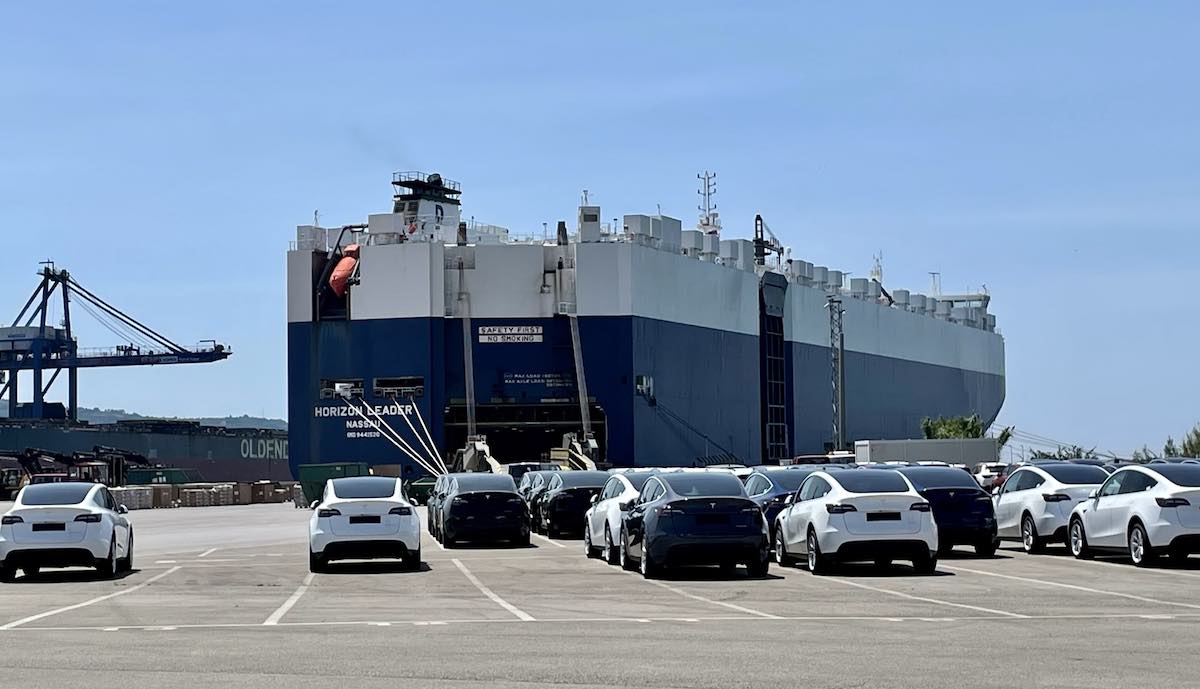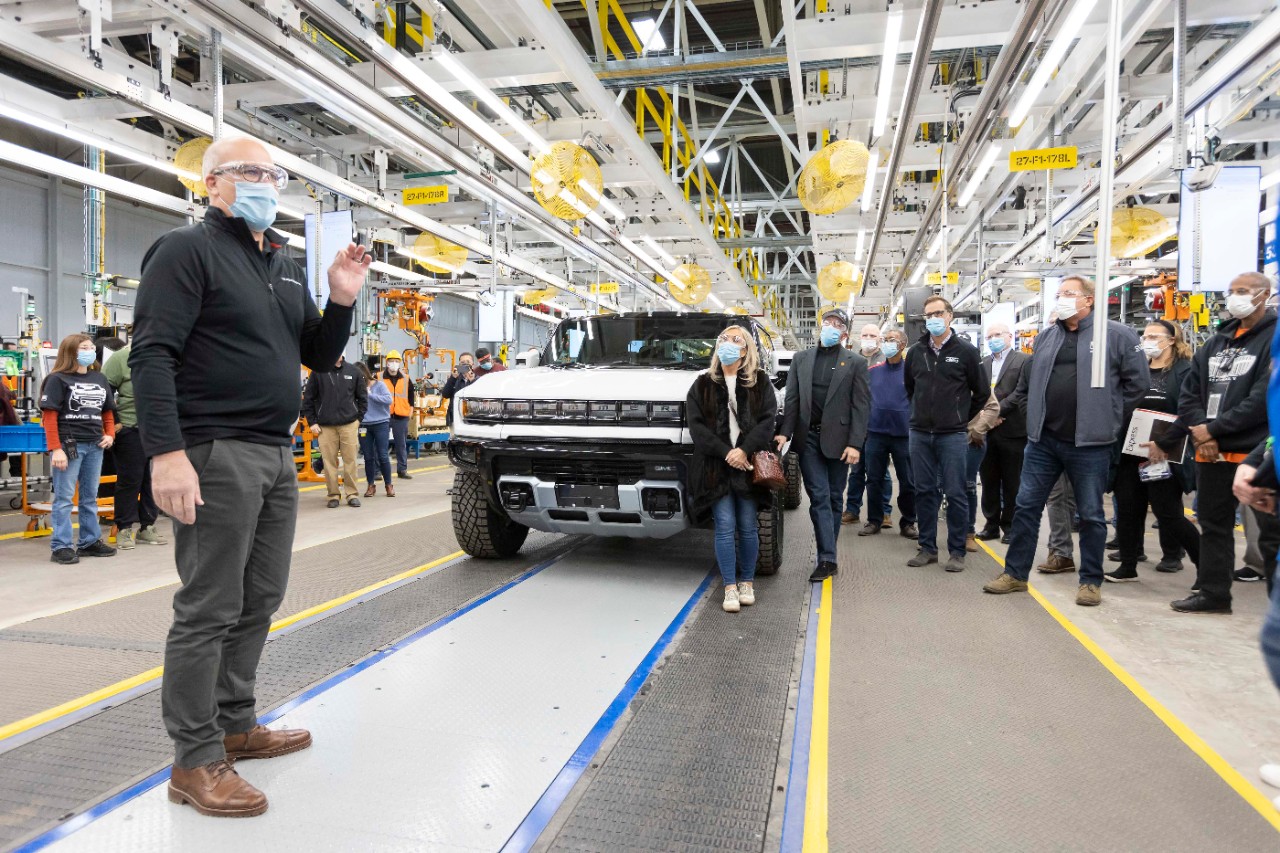Webeevdrivers
Active Member
Yes. It’s a proper name.Wouldn't Tesla be Tesla in French too ?
You can install our site as a web app on your iOS device by utilizing the Add to Home Screen feature in Safari. Please see this thread for more details on this.
Note: This feature may not be available in some browsers.
Yes. It’s a proper name.Wouldn't Tesla be Tesla in French too ?
yes - they have also been investing more in US Gov't & Corp Securities to generate a higher return. This number may be higher in Q4 as cash builds.Good catch.
Given the change in interest rates (plus the increase in Tesla's cash), you should probably expect ~1.5X - 2X that much interest income in Q4. Depending on potential rising interest expense, it could start to get material.
(math: we don't know exactly what Tesla's cash yielded, but we can extrapolate from change in Fed Funds rate. Average Fed Funds was ~2% in Q3; will be ~3.75% in Q4 depending on Fed path. Tesla wasn't likely earning Fed Funds rate, but it's the multiple that matters.)
Source: WikipediaQuebec
They did deal fine with German one, so they should be fine.Dealing with Québécois bureaucracy is probably going to add far more costs than resource proximity will subtract unfortunately.
There is a reason that in spite of having a well educated population and some of the lowest energy prices in NA that Quebec has much lower GDP per head than even Mississippi.


I do, as do others in this thread who have laid out reasons Quebec may not be a good choice. We don't even know if Tesla is building an automotive plant there but you're intent on defending it anyway.Have a little perspective.
On it's own, yes, but as I said it could be indicative of other issues.At the end of the day, this is a nothing burger, please don't imagine it's more than an inconvenience.
So twitter "overhang" is gone...and the SP falls $4?
So twitter "overhang" is gone...and the SP falls $4?
This type of requirement seems like something that would rule out Quebec from the start, I doubt it's the only ridiculous law on the books there. Surprised Elon would even consider it.
The problem I see with Quebec is snow. Pumping out 10,000 vehicles a week means a constant stream of vehicles coming out the factory and onto trucks. When it's snowing a foot outside, that is a problem....
(Internet search says they get more than 10 feet of snow/year)
“Usine Giga de Tesla”.Companies in Quebec have to have French names by law. Many big insurance companies moved out of Montreal because of that requirement. (Unless that's changed recently).
30-40 years may be the time that lithium batteries no longer dominate and start to be displaced by different chemistries and/or different storage mechanisms.Never is a long time. I think lithium miners will probably hit hard times at some point, perhaps 30-40 years in the future. It will happen after batteries have hit massive scale are are being recycled as fast as they are made. Economic activity is cyclical and so this will happen during and extended downturn in economic activity. There is also the near certainty that entirely new battery chemistries, without lithium, will prove superior to even the best batteries today. This could happen before or after we have enough recycling of lithium to impact miners.
On it's own, yes, but as I said it could be indicative of other issues.


